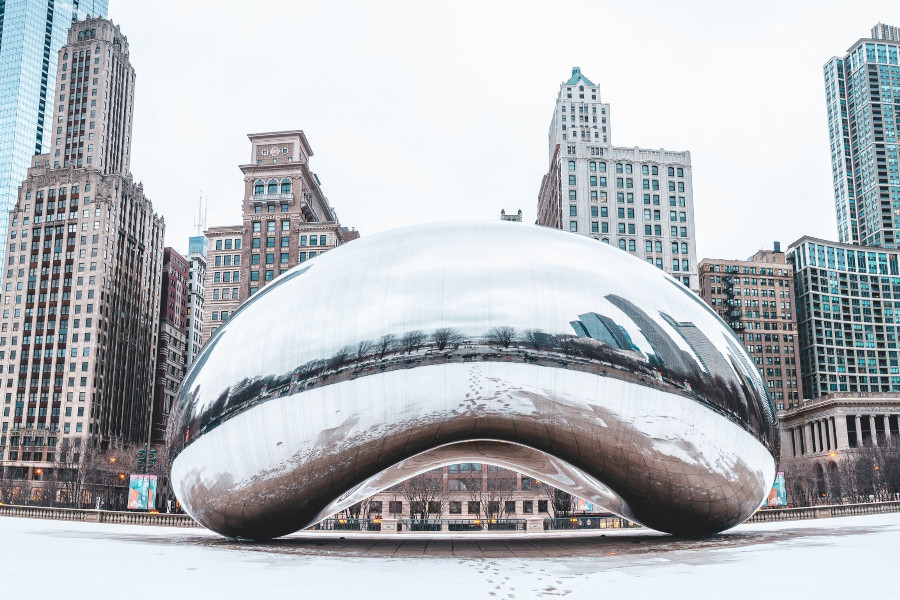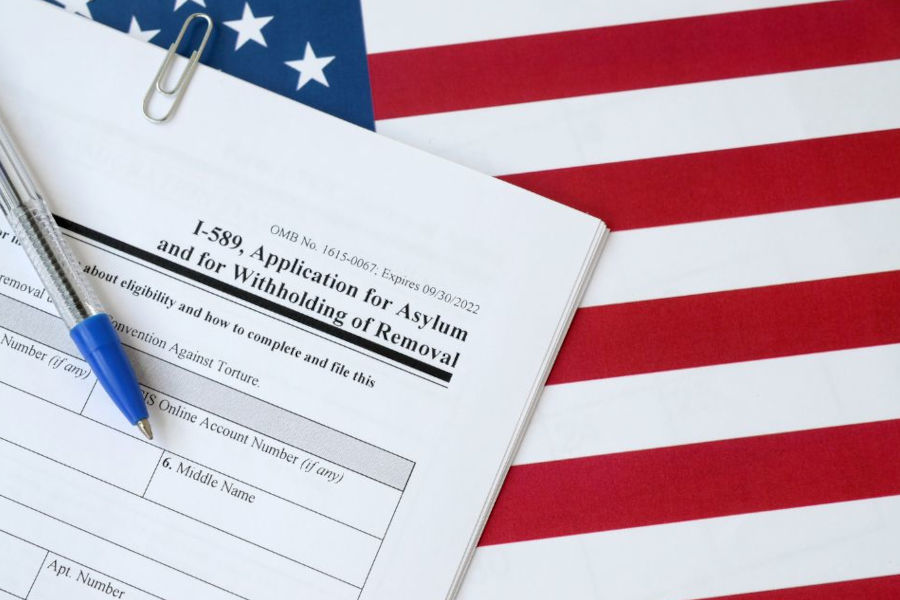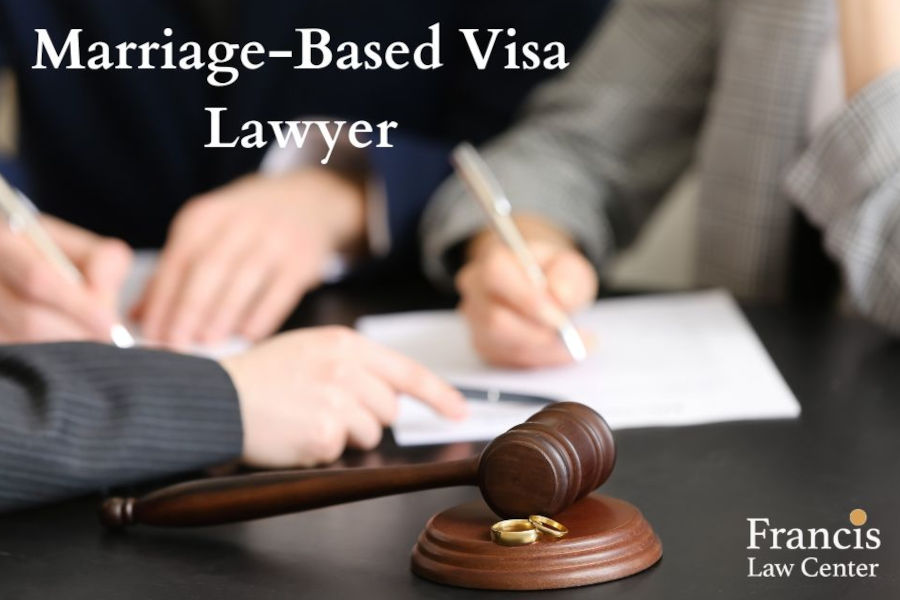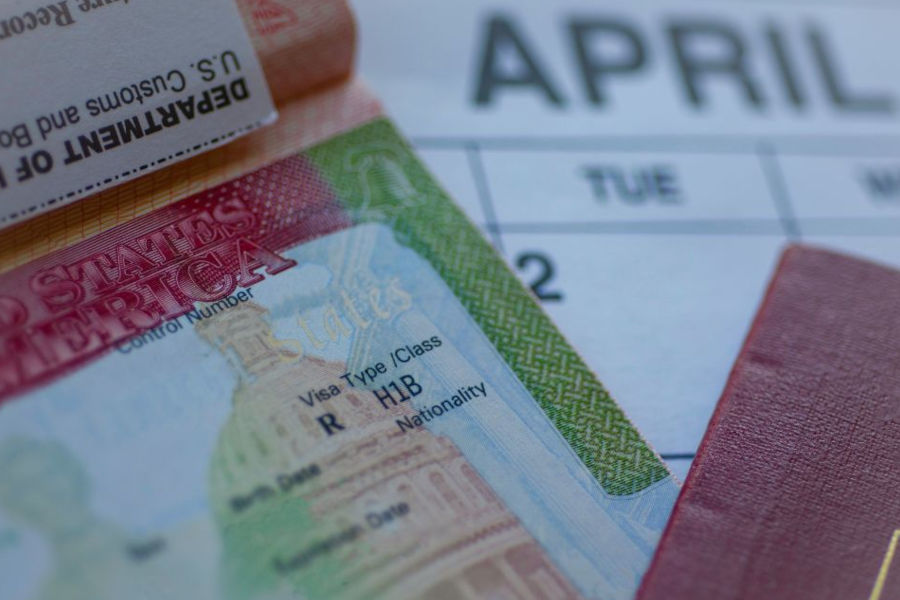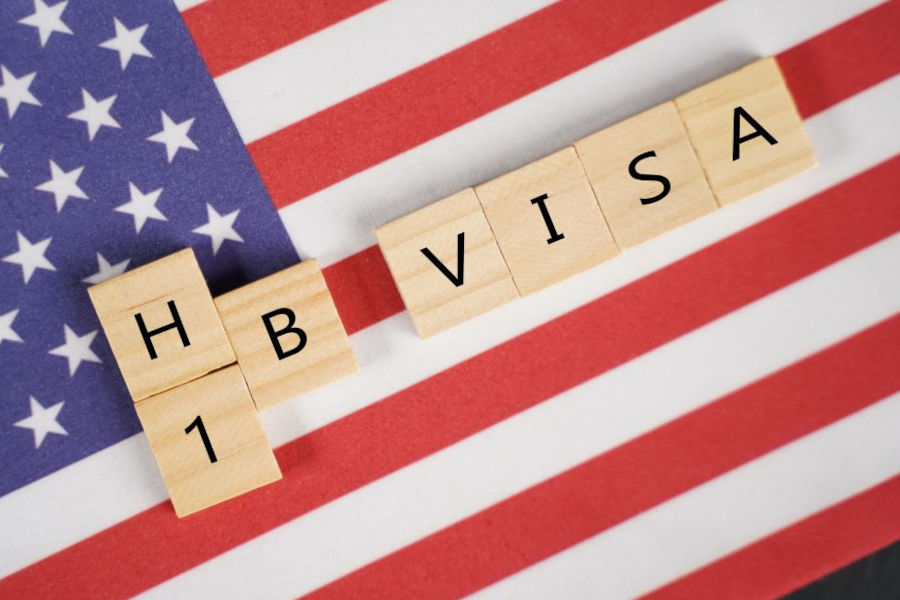The Department of Homeland Security (DHS) recently announced its proposal for a new H1B rule called the Registration Requirement for Petitioners Seeking to File H-1B Petitions on Behalf of Cap-Subject Aliens. The new rule would require filers of H1B petitions to electronically register first with the U.S. Customs and Immigration Service (USCIS) during a designated period. The new rule would also reverse the order by which USCIS selects H1B petitions under the cap and advanced degree exemption.
The H1B program allows U.S. companies to temporarily hire foreign workers in specialty occupations that require specialized knowledge and a degree in the specialty. H1B specialty occupations include fields like science, engineering and IT.
Currently, the H1B program works like this: when USCIS receives more than enough petitions to reach the cap, they use a randomized lottery to select petitions. When the cap and advanced degree exemption are both reached within the first five days, the advanced degree exemption is selected before the H1B cap. The proposed rule would reverse this order and count all petitions towards the cap first. Once the cap is met, USCIS would then select petitions toward the advanced degree exemption.
The proposed new rule would also allow USCIS to temporarily stop registration when they experience technical challenges with the new system. This would also allow USCIS to delay starting the new registration process until after the cap season if they need more time to work on the new system.
If the new rule is passed but there isn’t enough time to implement the new system for the 2020 selection process, USCIS would get rid of the registration requirement for the 2020 cap season.
This change would increase the chances that people with a master’s or higher degree from a U.S. college or university would get an H1B visa. USCIS expects that shifting to electronic registration would lower costs for petitioners and create a more efficient H1B process. The proposed rule would make USCIS’s job easier since the agency would no longer need to receive and handle so many H1B petitions before conducting the selection process. This would help reduce wait times for H1B notifications.
The proposed rule also limits the filing of H1B petitions to the beneficiary named on the original selected registration, which aims to decrease fraud. This blog post was written by Lydia Hartlaub.

